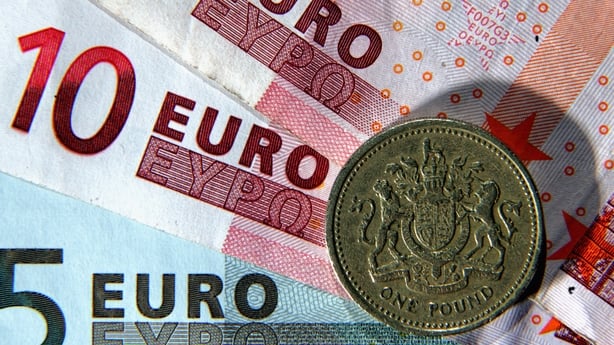The National Competitiveness Council has warned the country needs to take a number of steps to ensure that it maintains gains that it has made on the competitiveness front in recent years.
The Council said the gains have been central to the country's strong economic growth and while the recovery appears to have consolidated, it warns that there are risks - the most immediate being Brexit.
As a small open economy, the Council said that external threats such as financial market volatility and the fragile global economy are now also of more immediate concern.
The Council's annual benchmarking report, Ireland’s Competitiveness Scorecard 2016, has outlined a number of areas that should be prioritised.
These include spending to support public services and investing in infrastructure, supporting innovation and productivity, and boosting labour market participation, of which we have a surprisingly low level here.
Professor Peter Clinch, Chair of the Council commented said that the scale of the challenges which confront us have been brought into focus by recent events in the UK.
"Our long standing and extensive economic and cultural ties with the UK mean that their decision to leave the EU has significant and direct consequences for Ireland. It brings into sharp focus the need for Ireland to maintain and improve our competitiveness performance across a range of areas such as infrastructure, ease of starting a business, talent, tax and innovation," the Professor said.
"Only a renewed focus on competitiveness will help to insulate us from external shocks and factors beyond our control," he added.
He said that in recent years, Irish policy makers had rightly a relentless focus on correcting "macroeconomic variables" - bringing down the government deficit, reducing public debt and stabilising the banking system.
But he said that attention must now be turned to improving the microeconomic elements of the Irish economy to support sustainable economic growth and job creation.

"This approach will provide the bedrock on which to build better public services and improve living standards," Professor Clinch stated.
Much of the country's competitiveness improvement in recent years has resulted from improved cost competitiveness as a result of the economic downturn along with favourable exchange rates against sterling and the dollar.
"As the economy recovers, we are now seeing price pressures re-emerging and, at the same time, Brexit has resulted in a reversal of exchange rate trends, meaning Irish exports are now more expensive in the UK," Professor Clinch said.

